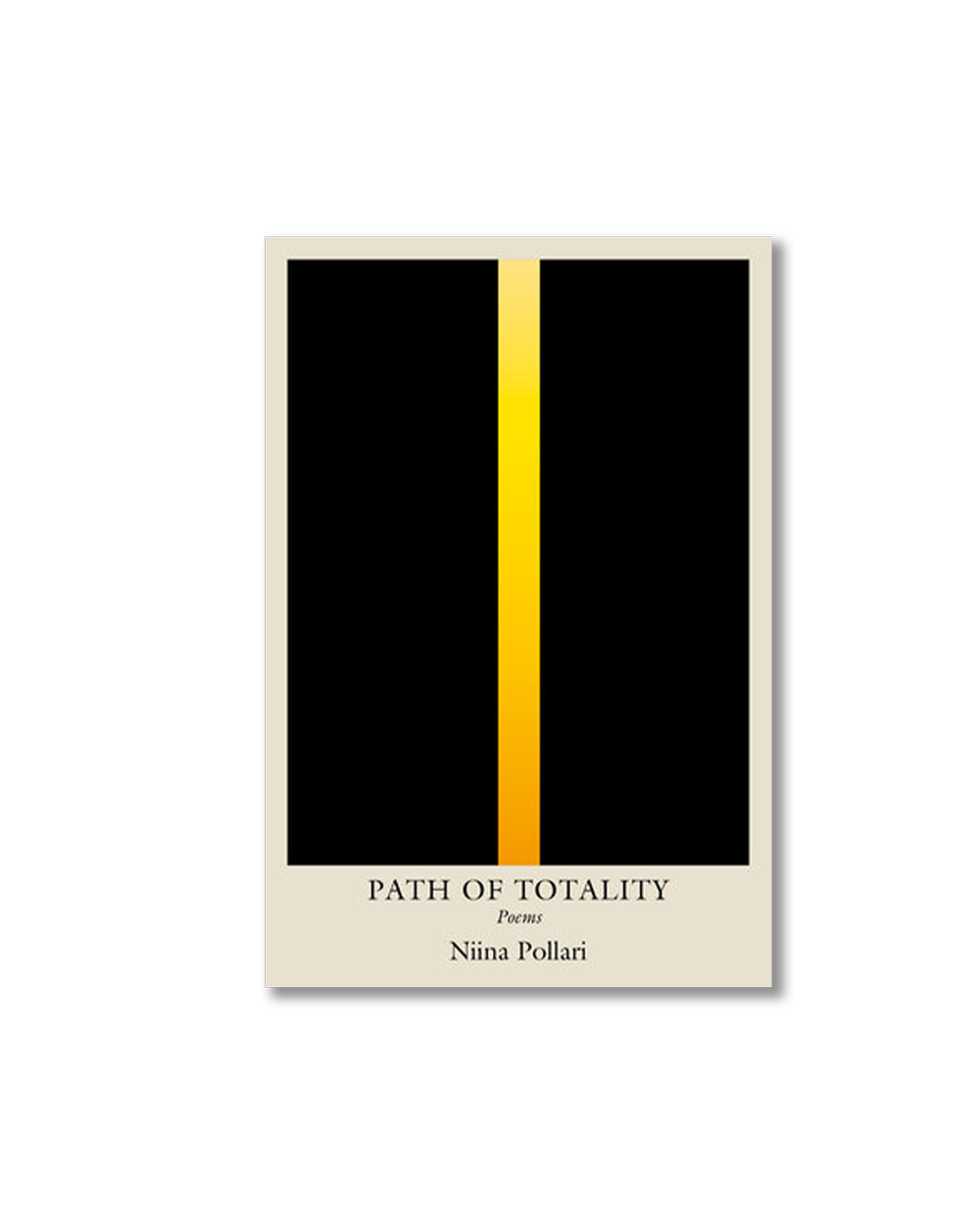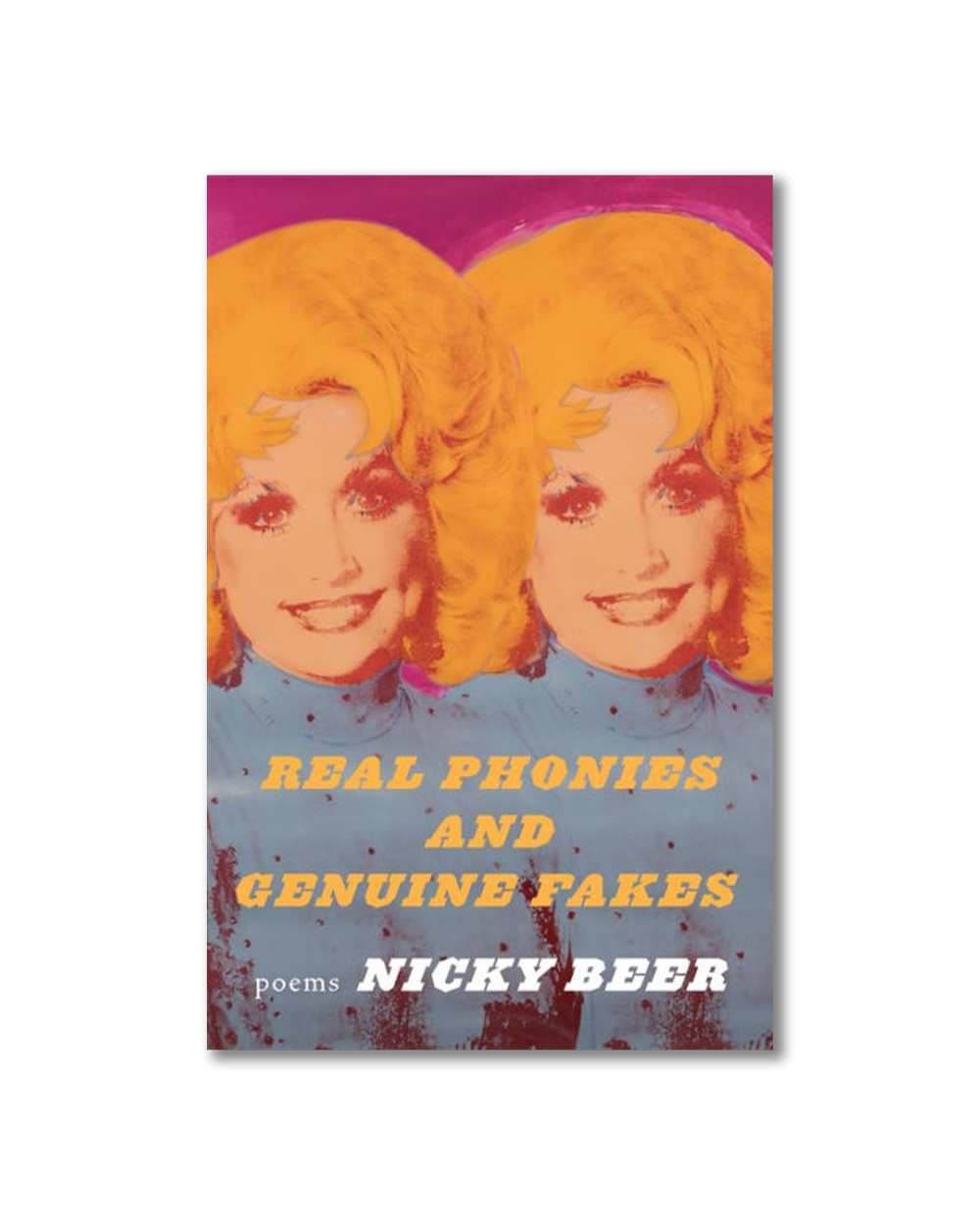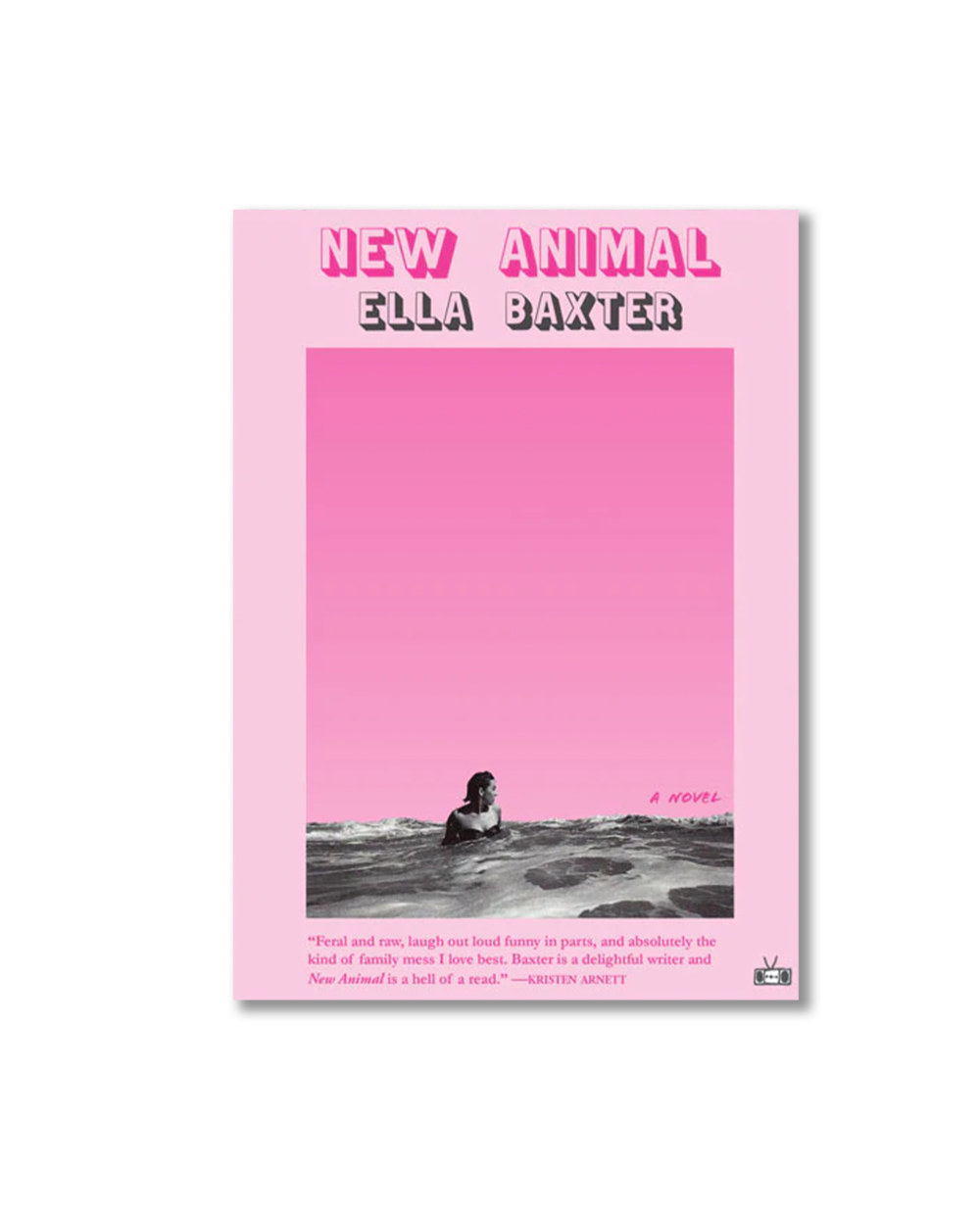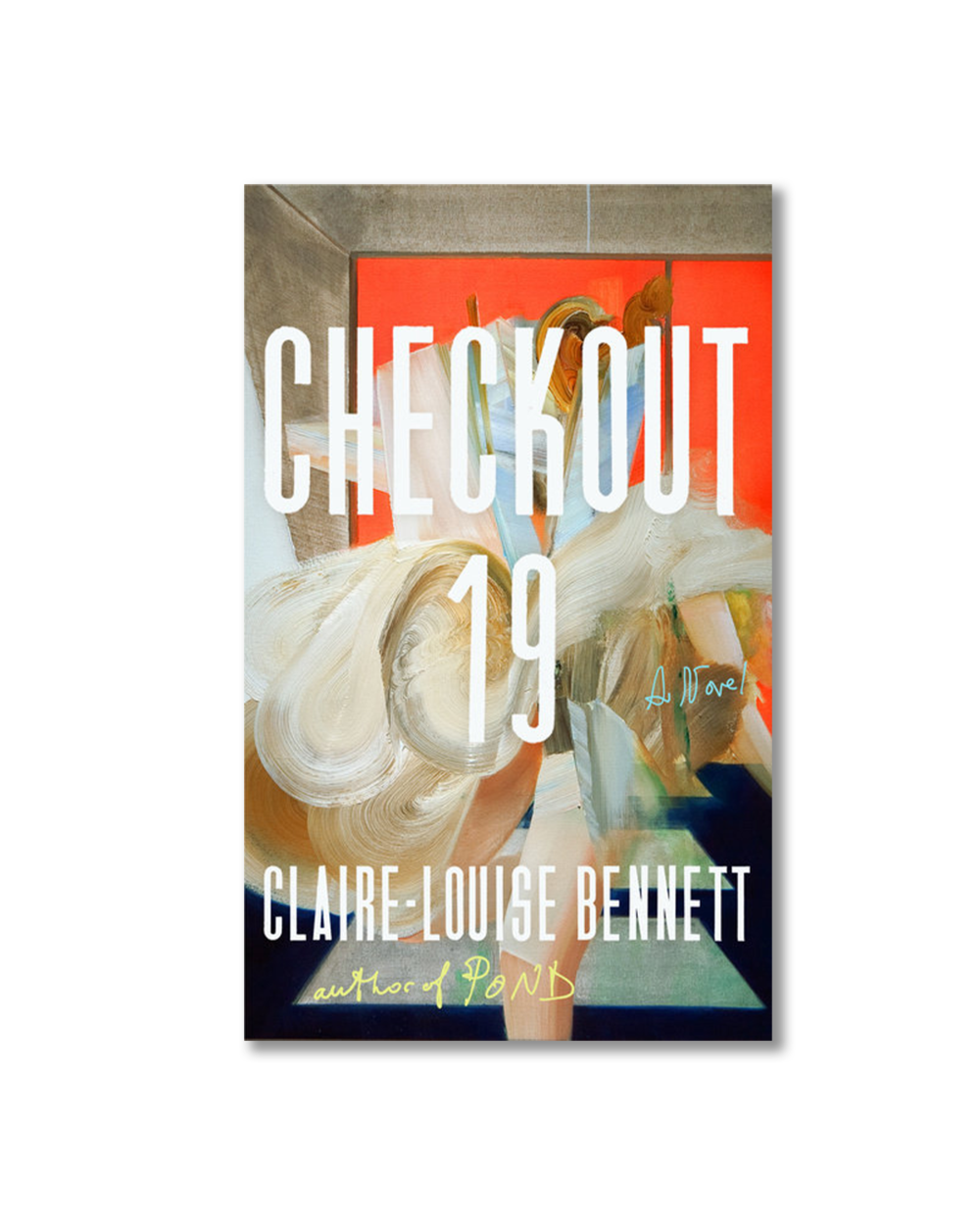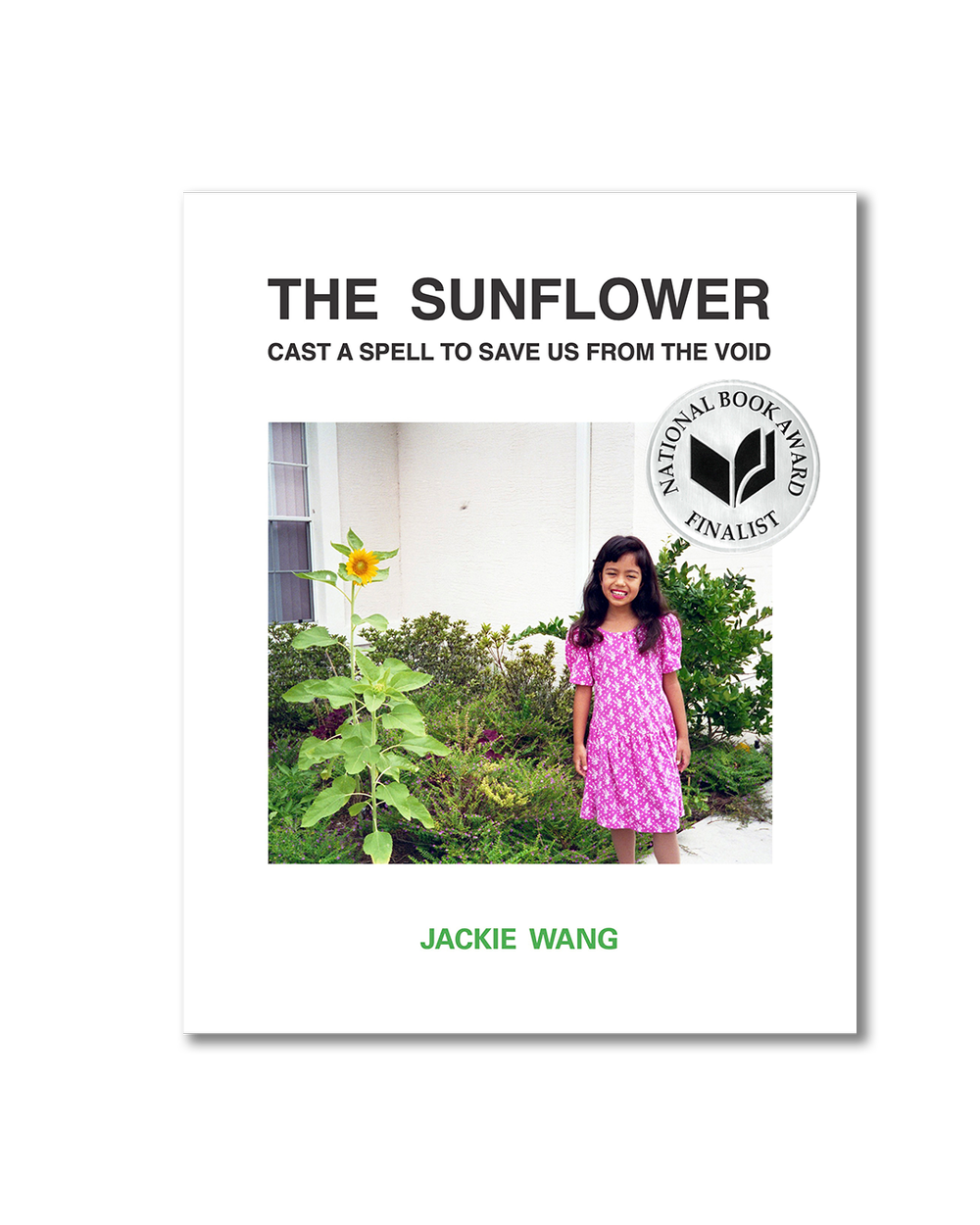The Anxiety of Interpretation: On Niina Pollari's "Path of Totality"
Sentences that might represent a life-altering pain, the ongoing experience of that pain, are not the tragedy itself.
"Feminine" Passions: On Aoko Matsuda's "Where the Wild Ladies Are"
Before bedtime, in their two-room apartment on the outskirts of postwar Tokyo, my great-grandfather would tell my obāchan and her siblings ghost stories, like those retold in Aoko Matsuda’s short story collection, Where the Wild Ladies Are.
Fake Selves and Real Grief: On Nicky Beer's "Real Phonies and Genuine Fakes"
Nicky Beer begins her newest poetry collection Real Phonies and Genuine Fakes with an epigraph from Bjork: Don’t let poets lie to you.
What America Is: On Michael C. Steiner's "Horace M. Kallen in the Heartland"
The debate over nationalism, multiculturalism, and how diversity affects national identity isn’t new.
The Suppression of the Body: On Ella Baxter's "New Animal"
Ella Baxter has emerged with New Animal, her debut novel about Amelia, a woman lost amid fraying personal relationships and newfound grief.
All Have a Voice: On David Yezzi's "More Things in Heaven"
Contemporary poetry is haunted by what Keats called, in reference to Wordsworth, the “egotistical sublime.”
The Persistence of Little Words: On Claire-Louise Bennett's "Checkout 19"
It would be easy to say Claire-Louise Bennett’s second novel, Checkout 19, is a love letter to books.
A New Silent Grammar: On Solmaz Sharif's "Customs"
Solmaz Sharif’s spectacular sophomore collection, Customs, is filled with crushing poems that carry weariness, rebuilt and disrupted again and again.
"Joy, said Grandma, is Resistance": On Miriam Toews' "Fight Night"
It should be surprising that Fight Night, Miriam Toews’ eighth novel, is touted as a “feel good” book—the L.A. Times calls it the “Ted Lasso of novels, for better or worse.”
The Photographic Moment: On Kate Palmer Albers' "The Night Albums"
“Breathe normally,” the nurse says to me.
Not Only, But Also: On Ari Banias' "A Symmetry"
The title of Ari Banias’ second collection of poetry is pliable, suggesting opposing meanings if you squint: “a symmetry,” or “asymmetry.”
From Generation to Generation: On Sheila Heti's "Pure Colour"
Sheila Heti’s Pure Colour begins with a nameless narrator explaining that God, after creating all of existence, stepped back from the canvas of creation to contemplate his work, and that this moment of contemplation is the one in which we are all living.
"Filled with Longing and Rage": On Brendan Joyce's "Love & Solidarity"
I first read “Love & Solidarity” as a blurry EPUB on my phone, in spare moments snatched from my shifts at one of America’s largest retail chains.
In Search of Self through the Other: On Domenico Starnone's "Trust"
The premise of Domenico Starnone’s novel Trust—a teacher’s life-changing affair with his former student—might suggest to the wary reader a familiar story of predator and prey.
But Then, Inexplicably: On Chris Beckett's "Tomorrow"
For anyone with a tendency to procrastinate, “tomorrow” is a familiar word.
Become Through Unbecoming: On Jackie Wang’s "The Sunflower Cast a Spell to Save Us from the Void"
This collection, a 2021 National Book Award finalist for poetry, spirals in and out of the imaginary, like Andrei Tarkovky’s chignons on the backs of faceless heads.
The Least Funny Thing: On Percival Everett's "The Trees"
The first thing to say about Percival Everett’s latest effort, The Trees: A Novel, is that it’s funny.
(Be)Longing in the Midwest: On Jackson Bliss' "Counterfactual Love Stories & Other Experiments"
A common critique of experimental short fiction is that it may fail to balance its brainier, genre-bending tricks with true intuition and care for its characters and the reader.

